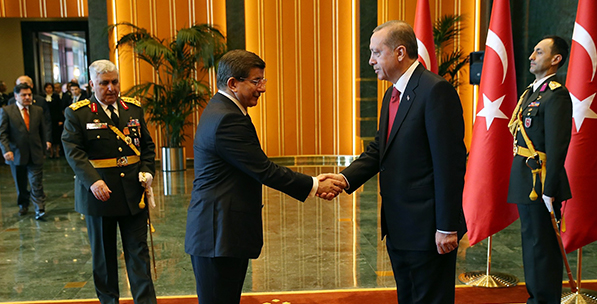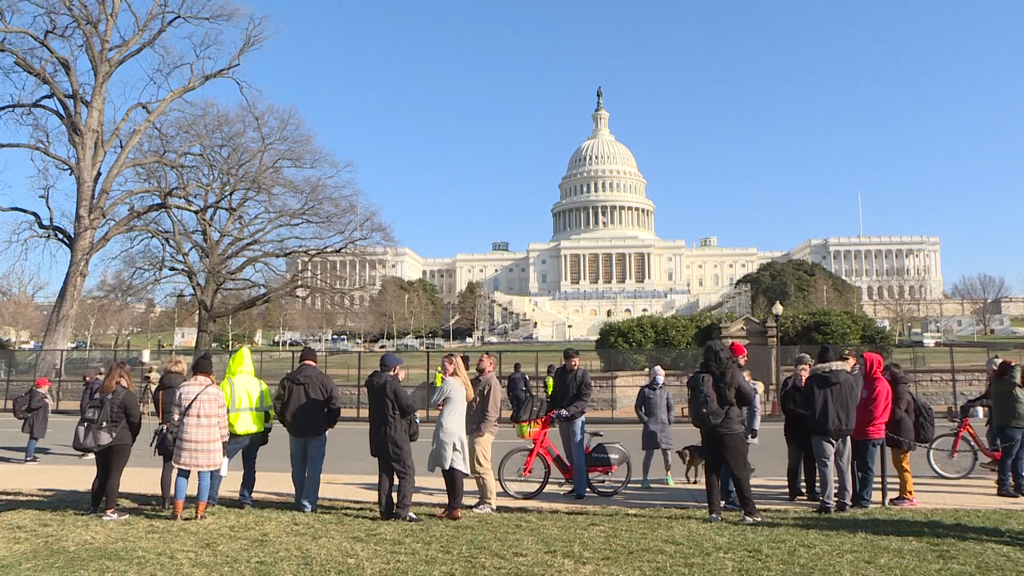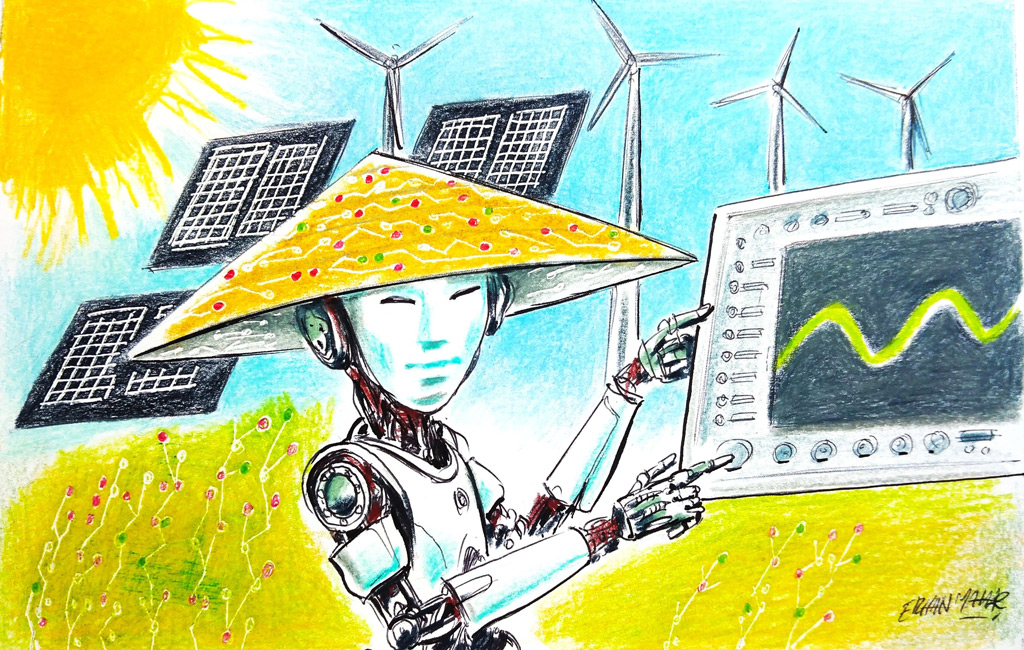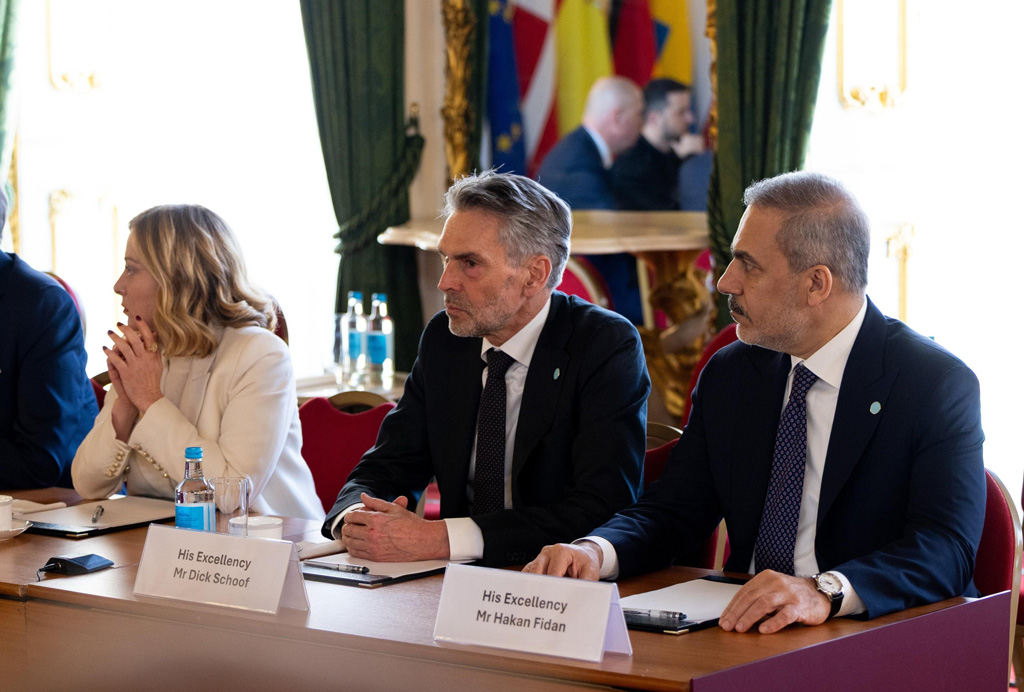Recent analyses of Turkey's domestic and foreign policy increasingly fail to look beyond the cliches. At home, opposition figures carelessly throw around terms such as civilian guardianship and fascism to target President Recep Tayyip Erdoğan and the AK Party government. Claiming that the country is heading toward a so-called fascist Sunni regime, opposition pundits do not hesitate to furnish their accusations of authoritarianism with sectarian references. Meanwhile international observers continue to suggest that the government's poor foreign policy decisions led to the country's isolation, caused problems between Turkey and its neighbors, and, most important, distanced Ankara from the West. Mark Lowen's most recent article on BBC International represents a great collection of the above-mentioned arguments. Eagerly echoing the sentiments of opposition groups inside Turkey, he suggests, albeit with little interest in objectivity, that "this country drifts toward isolation under the leadership of Recep Tayyip Erdoğan." The new Turkey, Lowen suggests, really refers to "a polarized, unhappy Turkey - and one where friends at home and abroad are fading fast."
It is not uncommon for national policy makers to spend a significant chunk of their time engaging the critics of their foreign policy. The Obama administration, for instance, encounters serious opposition from the Republican Party who conveniently claim that no U.S. president since Richard Nixon experienced such a shortage of friends in Washington. With regard to Turkey, however, pundits seem to voice the exact same criticisms over and over again - which suggests that the country conveniently serves as the target of international peer pressure as opposed to reasonable criticism.
Obviously, the AK Party's opponents at home (i.e. leftists, secularists, Gülenists and Kurdish radicals) made notable efforts to help Turkey's image at the international level worsen. While it is understandable for competing nations to engage in peer pressure to attain political and diplomatic benefits, it is simply unreasonable for competing domestic actors to launch such a radical campaign against the government of their own country. The campaign, of course, aims at the following: To persuade the international community that Turkey has become an uninfluential, introverted actor at a time when opinion polls project another landslide victory for the AK Party in June 2015, to undermine the government's democratic legitimacy despite election results, to deprive the country of its self-confidence and put it in its place. Simply put, to impose arbitrary limits on the power of an elected government over the nation's affairs.
The Turkish government, of course, engages in certain domestic and international practices that deserve criticism. The new Turkey, for instance, must develop better and detail-oriented policies with regard to urbanization and workplace safety among other things. That's not the point though: there is a major difference between voicing one's opinion about the new Turkey agenda and to constantly label the ongoing effort. The most problematic aspect of the negative campaign is that Turkey's own resources are being used against its national interests.
It goes without saying that the government cannot simply adopt a dismissive tone to fight off the ongoing campaign which seeks to discredit the new Turkey agenda. And winning elections is simply not enough to render the efforts of organized groups ineffective. The AK Party, therefore, is compelled to shape public debate in order to prevent the exploitation of opposition groups against the nation's interests.
[Daily Sabah, 24 November 2014]







